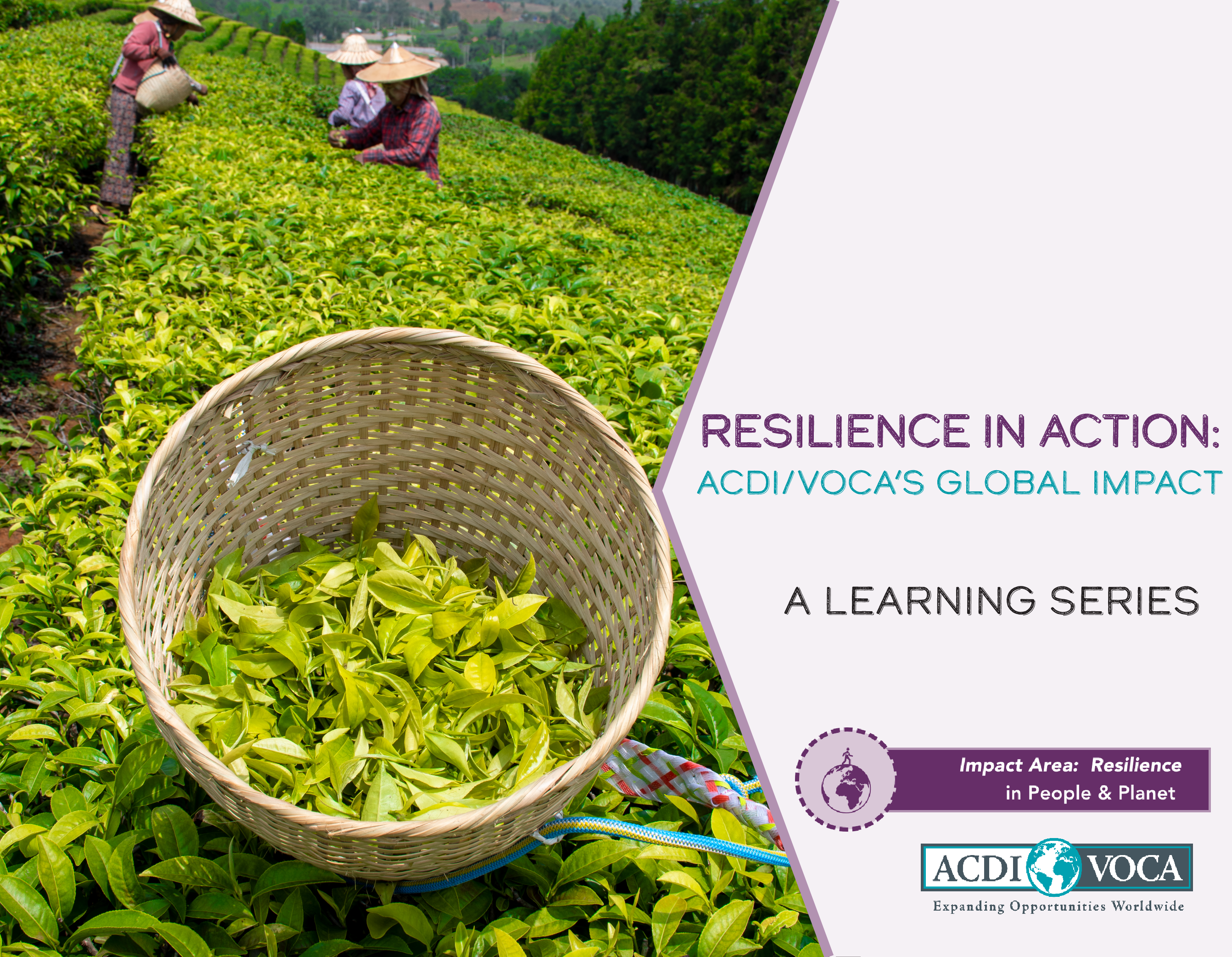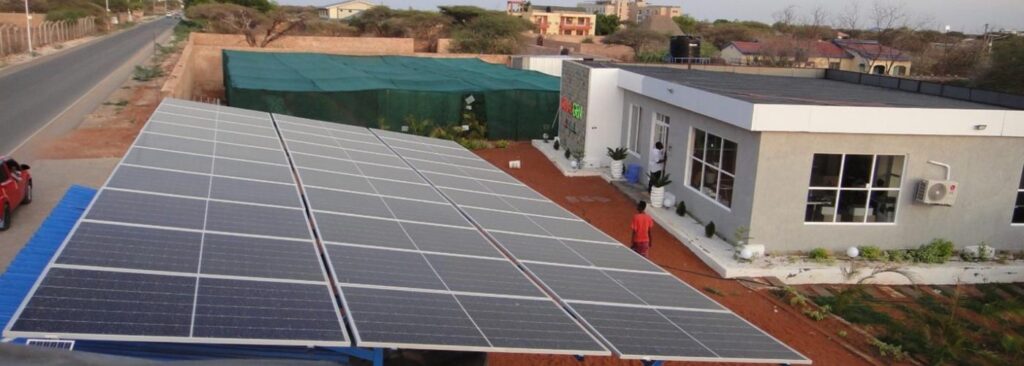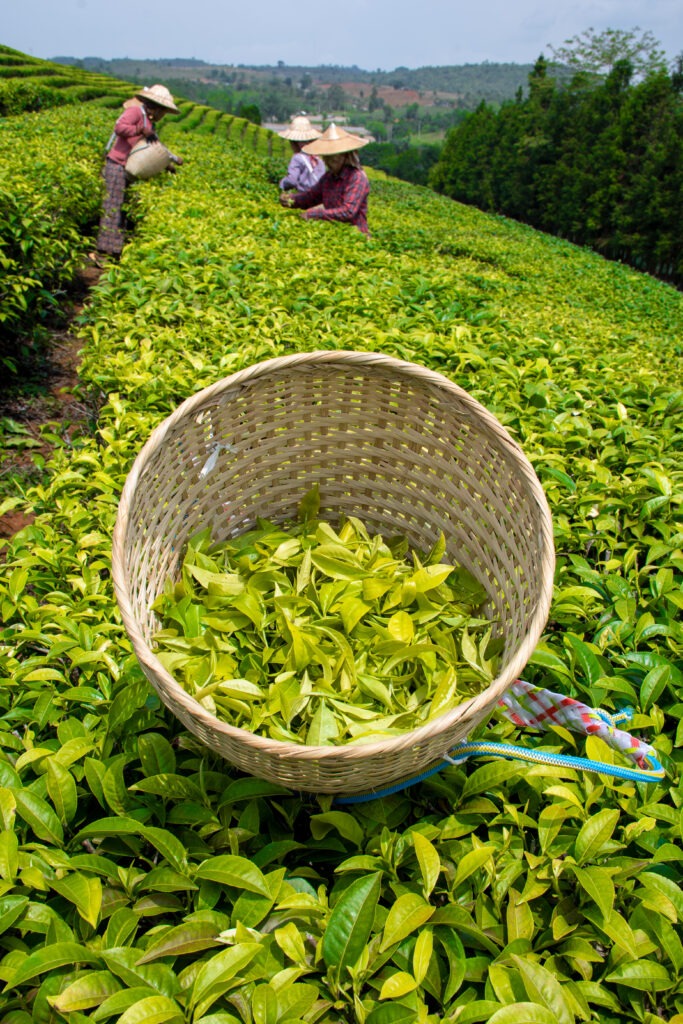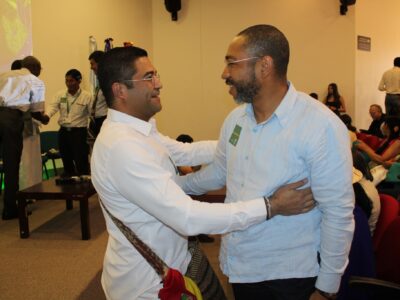
In this final post in this series, we take a look at how ACDI/VOCA fosters resilience by identifying and addressing social and resource challenges by:
- Developing Financial Services and Promoting Inclusion in Kenya
- Strengthening Markets and Increasing Shock Protection in Myanmar
Confronting Resource Challenges in the Face of Climate Change
Northern Kenya has significant opportunities for economic development, and access to finance is a key driver for the region’s sustainable growth. However, recurring environmental crises make Kenyan financial institutions deem it risky compared to other more economically developed parts of the country.
To help Northern Kenyan enterprises continue operating, ensure better food security, and create employment opportunities despite the impacts of climate change, USAID Kuza established the Impact for Northern Kenya Fund (“the Fund”), a $38 million impact fund operating in high-impact sectors across Kenya. The Fund provides flexible medium and long-term capital to financial institutions and enterprises operating at the intersection of agriculture, climate adaptation, healthcare, and financial inclusion, all important factors in building and maintaining resilient communities.
Managed by AV Ventures, an impact investing subsidiary of ACDI/VOCA, and USAID Kuza, the Fund mobilizes capital and improves the enabling environment to support development. The Fund identifies clients that are competitive, able to respond to market opportunities, enable marginalized populations to sustainably benefit, and can withstand, adapt, and transform in response to changing market dynamics and environmental shocks.

The Fund was created and operates with a clear understanding that we cannot separate the resilience of people from the resilience of the planet. In April of 2024, the Fund launched its new climate finance window, a dedicated pool of $6 million (810 million KSH) providing capital to those driving climate change adaptation and mitigation in the area. For example, with support from the Fund, Solargen Technologies Ltd. was able to extend the reach of its affordable energy, water, and irrigation services to underserved communities. Through the Fund, Solargen improved access to community boreholes, solarized water pumps, and solar electricity panels for micro and small agricultural enterprises across Northern Kenya, making them more resilient to drought and food insecurity.
Responding to Political Shock to Build Food Security
Since the February 2021 coup in Myanmar, political instability and regular violent clashes have significantly decreased agricultural productivity and increased food insecurity. Disrupted supply chains have driven up input and transportation costs, leaving food prices higher and less food available. Dangerous armed conflicts have forced many farmers to temporarily flee their homes. Those who could farm faced dangerous travel conditions and rising transportation costs, closing off their access to markets. Fields remained unharvested due to a severe lack of farm labor.

Households felt the food shortage and rising costs immediately. A World Bank survey conducted in May 2022[1] revealed that 51 percent of households reported reducing non-food consumption, 42 percent reported reducing food consumption, and 39 percent reported relying on their savings to cope with economic shocks.
Given this crisis, the ACDI/VOCA-implemented USAID Agriculture and Food Systems Development Activity (AFDA) shifted away from an export-focused approach and tapped into the potential of domestic market systems changes. The focus turned to farmer and local trader engagement, agri-services access, input sector development, and market access, particularly a heavier focus on domestic markets, as a means to increase competitiveness, resilience, and inclusion.
A new micro-grant program supports farmers when they need it most by reducing reliance on manual labor and increasing growing efficiency and capacity with mechanization. Farmers can access resources and tools needed to maintain productivity. This support not only helps individual farmers but also contributes to the overall stability and resilience of the region’s agricultural sector, directly impacting households’ access to more affordable and nutritious foods.
Building Lasting Resilience for Sustainable Development
ACDI/VOCA’s comprehensive and intentional approach to resilience-building demonstrates that with the right strategies and support, communities can overcome significant challenges and achieve sustainable development. Improving resilience requires a system with the capacity to proactively anticipate, assess, respond to, and manage complex risks. By identifying and addressing social and resource challenges, ACDI/VOCA helps communities navigate and overcome adversity. As the examples above show, with support and resources, communities can develop the resilience needed to adapt, thrive, and drive sustainable change, regardless of the challenges they face.
[1] World Bank Group. “Myanmar Economic Monitor – Navigating Uncertainty” January 2023
Read the first installment of this series, Resilience in Action: Empowering Livelihoods and Social Networks in Honduras and Burkina Faso, here.
Read the second installment of this series, Resilience in Action: Advancing Market Access and Women’s Empowerment in Bangladesh and Laos, here.
Comments




